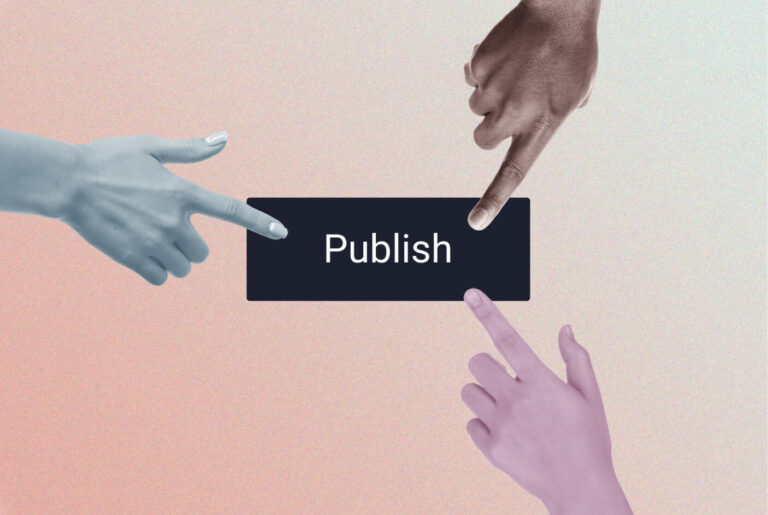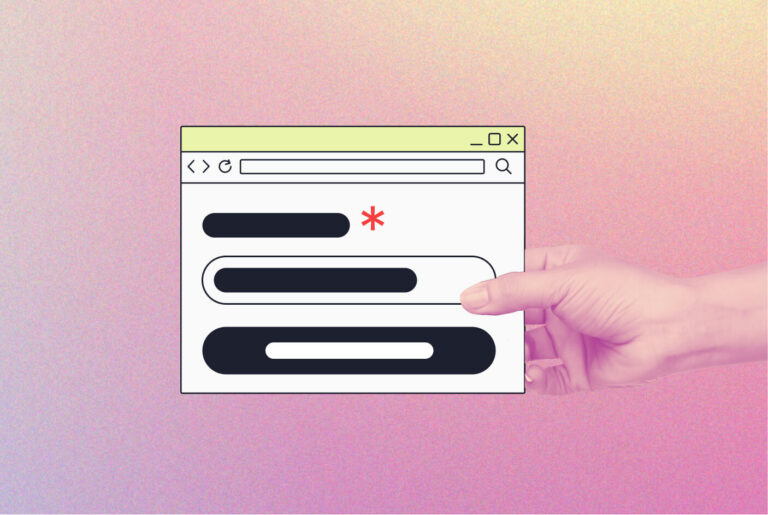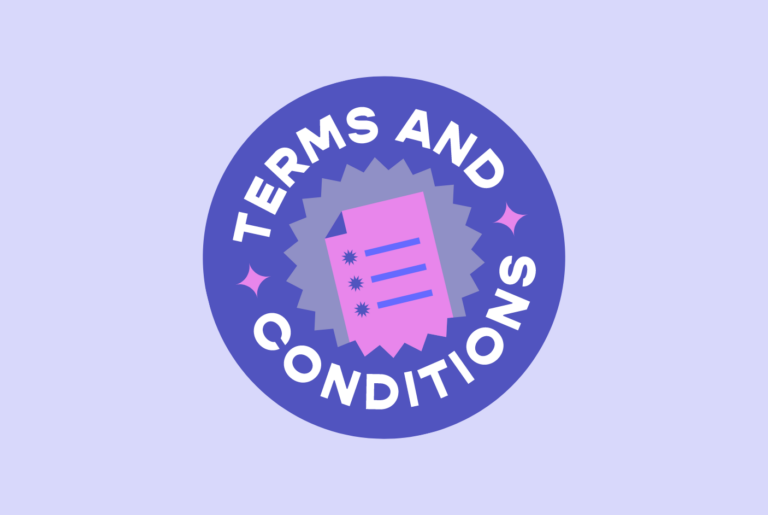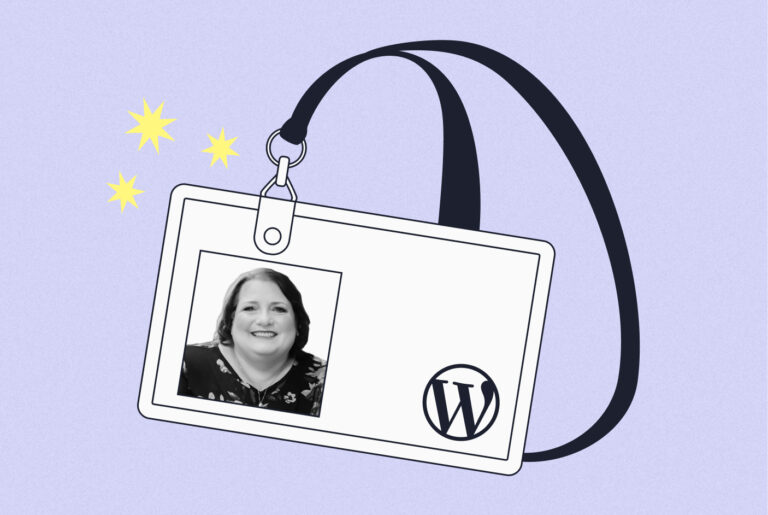The Power of Inclusive Language in Your Marketing
Using more inclusive language will help you reach more people. This isn’t just great for growing your business, it also means you can make a real impact, especially as part of the WordPress community. Let’s dive into the power of inclusive language and why you should care about using it in your content!
What is inclusive language?
Let’s make sure we’re on the same page about what inclusive language is. We’re talking about language that avoids terms that can exclude (marginalized) groups of people. Terms that, intentionally or not, perpetuate prejudice, stigma, or erasure. Using more inclusive language means using alternatives over these terms that are less likely to be experienced as harmful or exclusionary.
A simple example is the use of gendered words in your writing. Instead of saying ‘his or her’ you could use the word ‘their.’ Or instead of saying ‘men and women’ you can just as easily say ‘people.’ Both these alternatives make your text more inclusive to people who identify with other gender identities, without losing the intended meaning.
The example above is focused on gender, but there are also lots of other areas where we can be more inclusive in our language. Such as race and ethnicity, romantic orientation, age, disability and neurodiversity, socioeconomic status, and appearance, to name a few.
Why you should care
If you write more inclusively, you’re opening up your content to more people. This is good from a marketing perspective, but more importantly, you become part of something bigger. Language is such an important factor in our everyday lives and it has the power to normalize ideas and beliefs. Avoiding terms that can be experienced as exclusionary or harmful will make people feel more included and part of society. You might wonder how much of a difference you can make, but as the cliché goes: every little bit helps.
Another added benefit of using inclusive language is the positive impact it can have on your marketing. As said before, inclusive language opens up your content to more people. Which in turn helps you reach a bigger audience. You are giving more people a good user experience with content that is relatable and more accessible to them. It also increases the chances of your content being shared if more people can relate to it. Meaning that it can have a positive impact on your conversion and SEO in general. Last year, Google’s John Mueller even encouraged people to use inclusive language. Search engines like Google are also seeing the importance of this for their users’ experience.
An (even more) inclusive WordPress
WordPress is welcoming and inclusive. Our favorite platform feels so strongly about this that it’s part of the mission statement on wordpress.org. Which is great, because there are so many websites powered by WordPress worldwide. And with such an active community and contributors around the world, WordPress has the power to really make an impact.
The community is already doing a lot to make that impact. There’s a dedicated accessibility team and there are loads of initiatives focused on diversifying the community and making it accessible for everyone. The community is also very open to newcomers when it comes to contributing. Inclusivity and WordPress seem to go hand in hand. So let’s continue that enthusiasm in our communication and use inclusive language where we can. Of course, it’s not always possible to get it completely right but we can try. Which is always a great start!
The inclusive language analysis in Yoast SEO
A while back, we added a new analysis to our Yoast SEO plugin (both free and Premium). This analysis is solely focused on detecting any non-inclusive language in your content and providing you with possible alternatives. Because we wanted to make this feature available to as many people as possible, it’s also part of our free plugin. As it can be tricky to keep inclusive language top of mind all the time. Also, there might be non-inclusive language you’re using that you’re not aware of at all!
Make sure to check out the inclusive language analysis or our documentation on why certain words and/or phrases can be perceived as non-inclusive. This is all based on research done by our linguists at Yoast, who are all quite passionate about inclusive language.
Camille Cunningham has a passion for SEO and copywriting. At Yoast, she works as a content specialist and enjoys writing content that helps other people master the art of SEO and succeed online.






